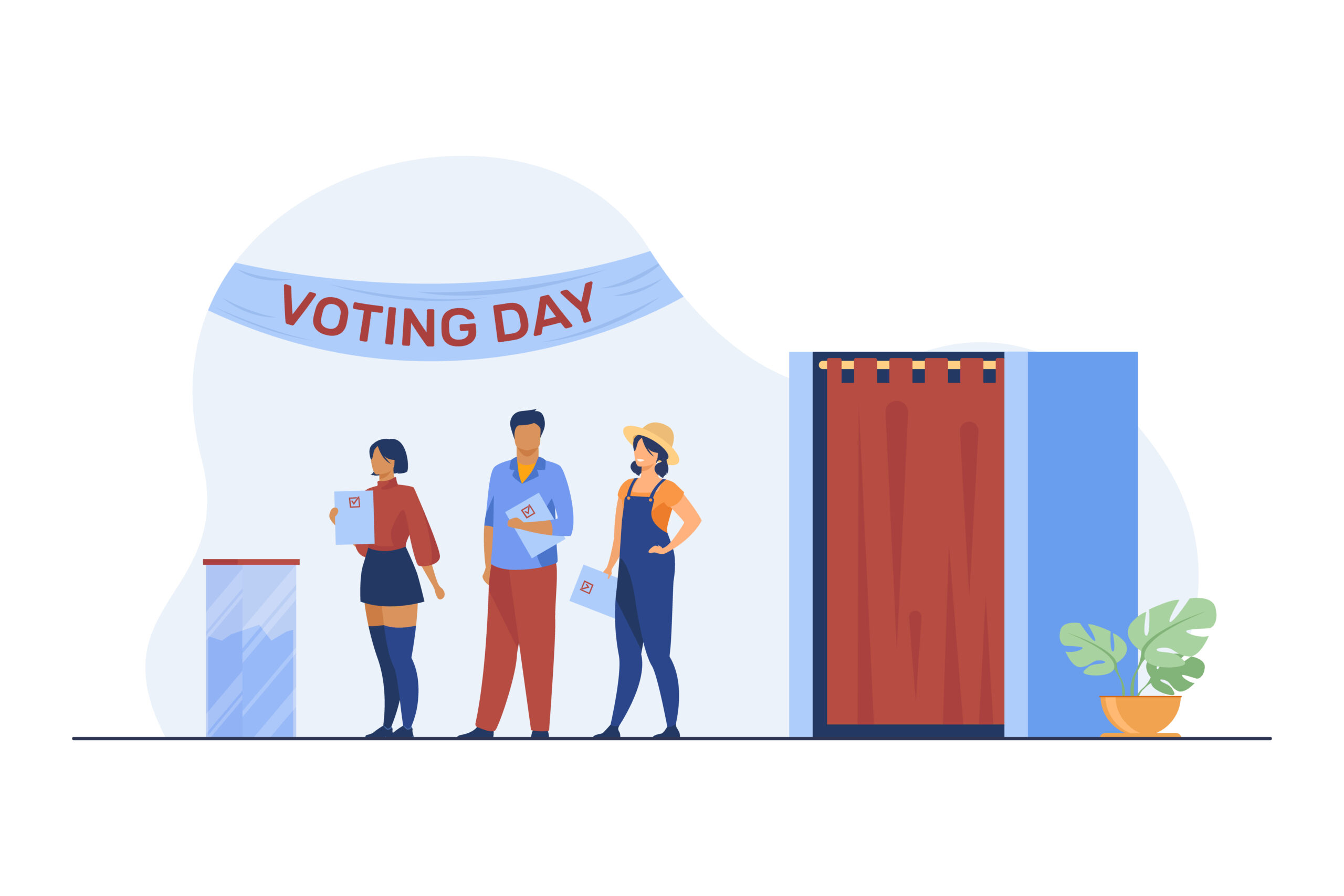In my last post I started discussing some of the issues that exist with the implementation of the first key element of democracy in society.
As a reminder, in general there are four key elements that make up a democracy:
- Free and frequent elections by which representatives are chosen by receiving a majority vote by the people;
- An equal society where people are rewarded on merit and not by wealth, privilege or status;
- People have the freedom to make their own choices subject to the laws of their country; and
- Limitations on power exist to ensure that Governments, Institutions or other powerful societal figures/forces cannot limit the civil liberties of the people
In the last post I discussed the concept of ‘strongholds’, where people from a similar background tend to vote in the same way. Given people of similar backgrounds tend to be located within close proximity of each other, this forms geographic areas with a biased vote towards one particular political party and hence the representative in that area.
In this post I want to stay on the first element but I wanted to expand on some of the potential issues with the vote of the people.
I’m going to use myself as the example. Are my voting decisions really rational and well educated? Let’s say I wanted to buy a new car. I can easily research cars that fit my preferences and make a well educated decision on which car to buy based on those available. There are many online resources available to me to make comparisons and there are also many independent reviews to give me a feel for both expert and user opinions.
What about when it comes time to vote for my local representative? I usually don’t even know the name of my local representatives when I go to vote. I normally only find this out at the time of voting when I am given a bunch of ‘how to vote for party X’ pamphlets on my way into the voting area. These pamphlets summarise in a few bullets what the political parties main policies are and usually provide a short blurb on the representative and how to vote for them on the ballot. This is all the information I am armed with to make an educated vote!
Ok, so maybe I’m lame and should have spent time researching the representatives and their policies before I went to vote! Where do I go to find the information? Hmmm, their parties website? I’m sure that will be an unbiased source of information! Further, how do I easily compare the policies of each of my representatives and their political parties? Is there a nice side by side comparison that I can see like when I’m buying a car? I guess if I wanted to spend a lot of time trying to do my own independent research I could create my own comparison. However such an exercise would not be high on my list of priorities when I consider all the other pressures on my time!
Let’s not forgot all the complexities of disinformation that exists to bias a voters perception of representatives. In fact representatives and their political parties do their best to smear each other! Then you have media that leans one way or the other and then there are all the influential groups, people and foreign Governments all doing their best to make things as confusing as possible for the voters.
How does all this lead to a fair election when the voters themselves are not educated? Its no wonder people tend to just vote for the same party all the time based on their parties philosophy over anything else. To do otherwise would be too painful, too time consuming and filled with information and disinformation overload!
Again, I ask the question whether this is working as intended? Should being able to make an educated vote really be this hard? Or maybe I am just truly lame…




